Tag: Featured
-
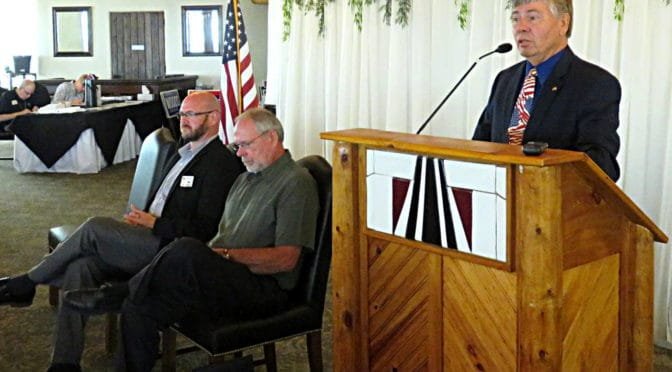
From Pachyderm: Candidates for Kansas House of Representatives
From the Wichita Pachyderm Club: Candidates for Kansas House of Representatives districts 74, 75, and 80. This was recorded on August 3, 2018.
-
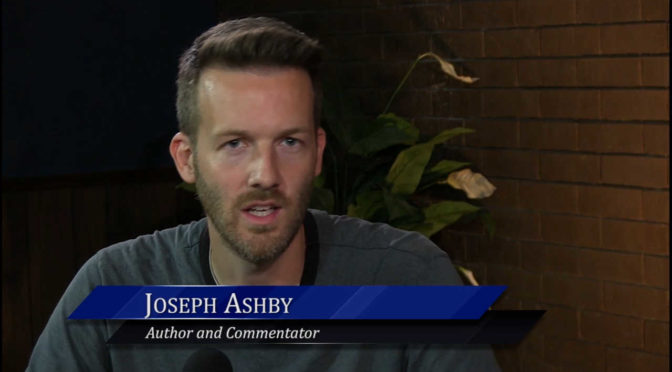
WichitaLiberty.TV: Joseph Ashby on Kansas elections
Wichita talk radio pioneer Joseph Ashby shares his thoughts on the upcoming Kansas primary election. We cover the Secretary of State, Governor, and Sedgwick County Commission.
-
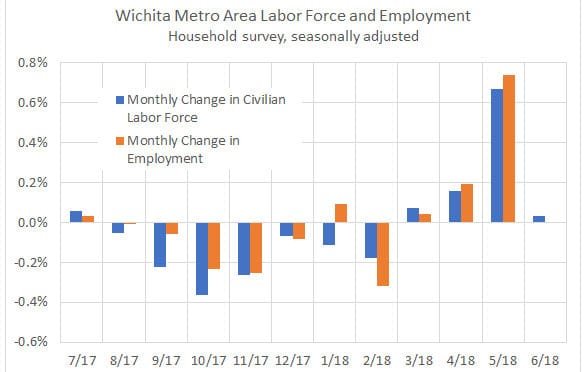
Wichita employment, June 2018
For the Wichita metropolitan area in June 2018, jobs are up, the unemployment rate is down, and the labor force is smaller, compared to the same month one year ago.
-
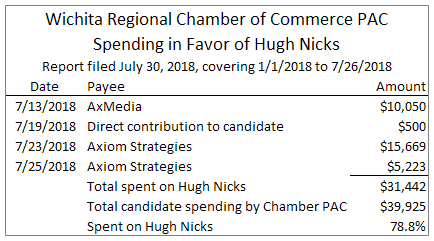
Wichita Chamber PAC spending on Hugh Nicks
The Wichita Regional Chamber of Commerce PAC dedicates a large portion of its spending on placing its crony in office.
-

Joseph Ashby endorses Sedgwick County Commissioner Richard Ranzau
Conservative grassroots activist and radio host Joseph Ashby explains why Richard Ranzau is the best choice for Sedgwick County Commision District 4.
-
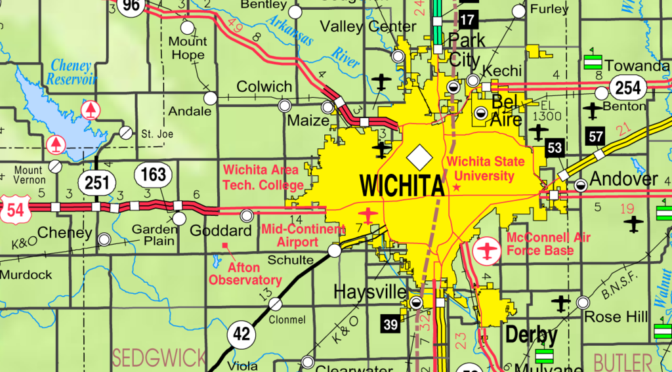
Hugh Nicks on character and respect in Sedgwick County
In the campaign for a Sedgwick County Commission position, character is an issue.
-
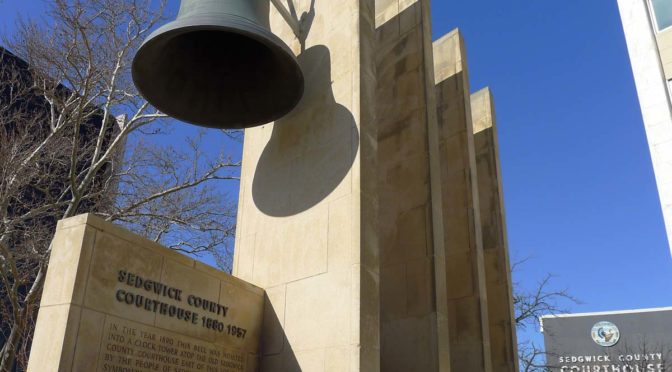
Hugh Nicks: Misinformed, or lying?
Analysis of criticism by Hugh Nicks, a candidate for Sedgwick County Commission, demonstrates that the candidate is either misinformed or lying.
-

From Pachyderm: Kansas Secretary of State Candidates
From the Wichita Pachyderm Club: Kansas Secretary of State Candidates. This was recorded July 27, 2018.
-

WichitaLiberty.TV: Sedgwick County Commission District 4
Candidates and parties involved in the Republican party primary for Sedgwick County Commission District 4. Only candidate Richard Ranzau agreed to appear.
-
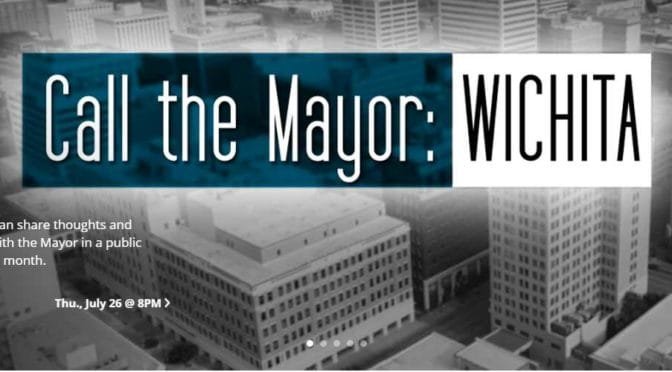
The Wichita Mayor on employment
On a televised call-in show, Wichita Mayor Jeff Longwell is proud of the performance of the city in growing jobs.
-
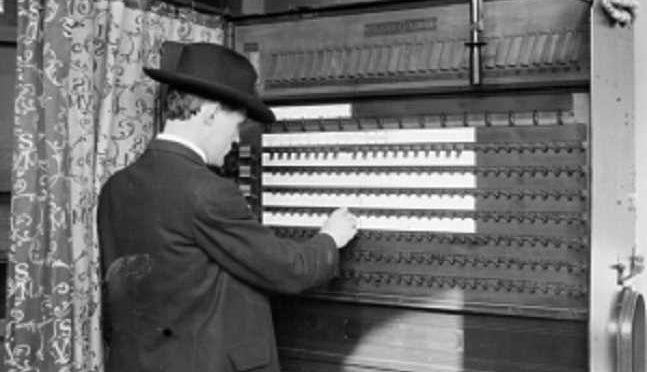
An endorsement from the Wichita Chamber of Commerce
When the Wichita Regional Chamber of Commerce Political Action Committee endorses a candidate, consider what that means.
-

Kansas GDP growth slows
In the first quarter of 2018, the Kansas economy grew at the annual rate of 0.5 percent in real terms, slowing from the previous quarter.